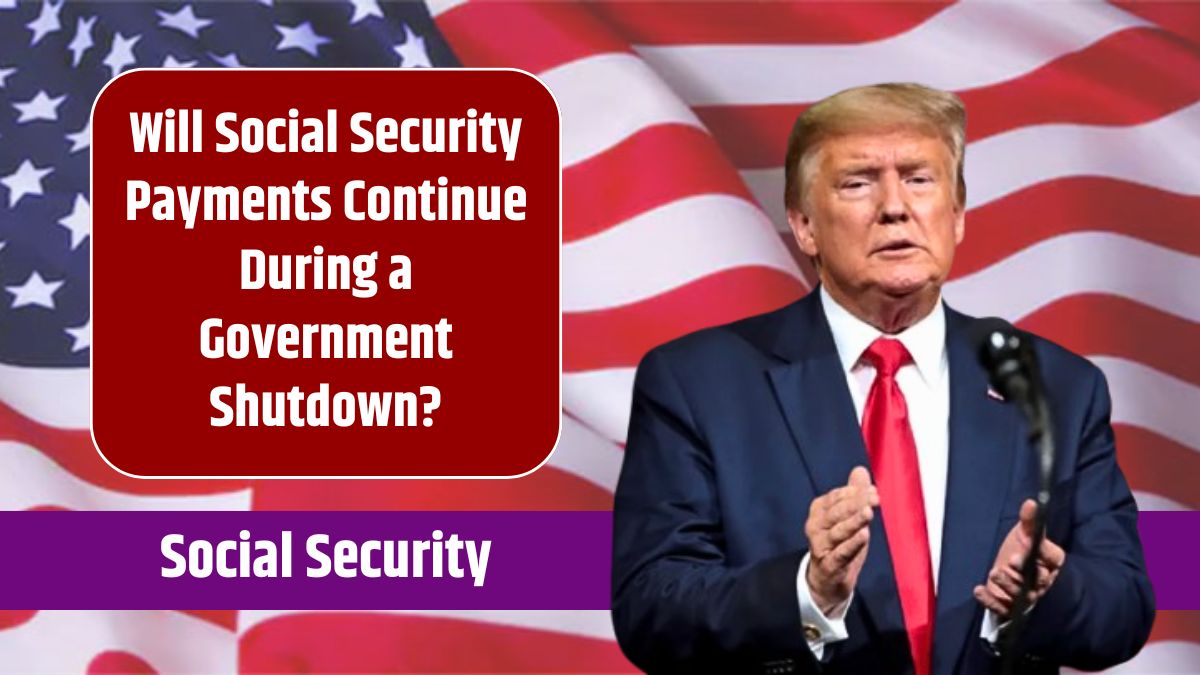The United States Congress is making headlines with its focus on Social Security reforms. As the legislative session draws to a close, the Senate is poised to vote on a key piece of legislation—the Social Security Fairness Act. This bill, if passed, could dramatically impact the lives of thousands of Americans by addressing long-standing issues with Social Security benefits for public sector workers.
Table of Contents
Focus
The Social Security Fairness Act seeks to eliminate two contentious provisions: the Windfall Elimination Provision (WEP) and the Government Pension Offset (GPO). Both rules, in place for decades, have been criticized for reducing Social Security benefits for public workers receiving pensions from non-covered jobs.
What is WEP?
The Windfall Elimination Provision (WEP) reduces Social Security benefits for individuals who receive pensions from jobs where they did not pay Social Security taxes. Introduced in 1983, the WEP aimed to prevent retirees with uncovered pensions from benefiting as though they were low-income earners.
What is GPO?
The Government Pension Offset (GPO) affects spousal and survivor benefits. Enacted in 1977, this rule reduces payments for individuals who draw government pensions from non-covered jobs. Essentially, it offsets benefits based on one’s own government pension.
Who is Impacted?
Together, the WEP and GPO affect millions of Americans.
- WEP: In 2022, this rule impacted 2.01 million individuals, representing 3.1% of all Social Security beneficiaries.
- GPO: Roughly 735,000 Americans, or 1% of Social Security recipients, were subject to reduced spousal or survivor benefits.
However, not everyone is affected.
Exemptions include:
- WEP: Workers with 30+ years of substantial Social Security earnings and specific categories such as railroad workers or employees of certain nonprofits.
- GPO: Spouses or widows who paid Social Security taxes during their employment or those drawing pensions from covered jobs.
Chances of Passage
The Social Security Fairness Act enjoys rare bipartisan support. It cleared the House on November 12 with backing from both Democrats and Republicans. Senate Majority Leader Chuck Schumer recently announced plans to bring the bill to a vote.
For the bill to progress, it must secure 60 votes in the Senate during the cloture stage. While this threshold is challenging, the bill has influential advocates like Senators Sherrod Brown (D-Ohio) and Susan Collins (R-Maine), signaling strong bipartisan intent.
What This Means for You
If passed, the Social Security Fairness Act could significantly increase monthly benefits for affected public-sector retirees. For many, this would be a long-overdue correction to decades of inequity.
In the meantime, public-sector workers and their families should remain vigilant. The Social Security Administration offers tools to estimate how current laws affect your benefits. Staying informed is essential, as decisions in Congress can shift rapidly in these final days of the session.
The outcome of this legislative effort will likely shape Social Security policy for years to come.
FAQs
What is the Social Security Fairness Act?
It proposes eliminating the WEP and GPO rules impacting pensions.
What does WEP stand for?
It stands for Windfall Elimination Provision, reducing some pensions.
Who introduced this law?
It was backed by bipartisan lawmakers in both chambers of Congress.
How many people does GPO affect?
Around 735,000 Americans saw reduced spousal benefits.
Does this law have bipartisan support?
Yes, it has strong bipartisan backing in Congress.





